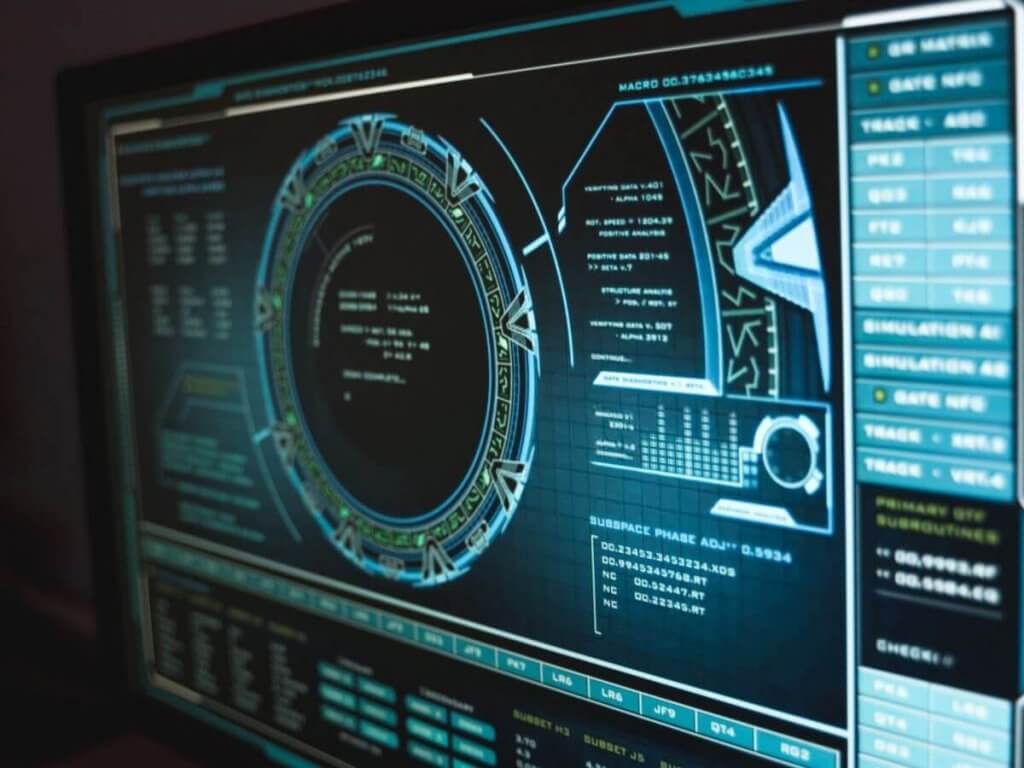A firewall safeguards computers and data within a network by thwarting harmful files that try to reach the web or any particular device. But many people are unaware that there are various kinds of firewalls, each of which is built with distinct advantages and disadvantages.
What exactly do you know about hardware firewalls, software firewalls, and their logical next-generation firewall counterparts? For readers interested in network security, it’s crucial to understand the subtle (and occasionally not so fine) distinctions between the various types of firewalls and what configuration will best shield your network from online threats.
A firewall’s primary function is to prohibit network connections, including those for websites, email, and file transfers, according to predefined security rules set by network administrators. All types of firewalls are ultimately created to safeguard data in transit and at rest.
A firewall will also record information about network traffic, enabling managers to carefully monitor everything that happens and thwart assaults before they begin. There are many different kinds of firewalls available.
Read more: Firewall Security.
What Is a Software Firewall and How Does It Work

A software firewall is a firewall program that is installed on a computer or server. It integrates with many other technological security solutions to give businesses of all sizes more reliable and comprehensive security.
A software firewall acts as an umbrella of security when deployed on a server, covering all other machines linked to the network. It also makes establishing security policies much more straightforward, quicker, and adaptable.
Once installed on a device, like a hardware firewall, it can analyze all incoming traffic and filter data based on a predetermined set of rules.
How Is Software Firewall Different Than Hardware Firewall

A software firewall operates from inside your computer through a program, whereas a hardware firewall is a physical device at its most basic level. Even though they approach the same overall goal slightly differently, they each have their advantages. A software firewall’s protection does, however, have some drawbacks.
A hardware firewall serves as a gatekeeper and antivirus program for your server. It can be set up to analyse incoming traffic and filter out particular risks as they pass through the device. It is located directly behind the router. A hardware firewall is a real-world device that filters the traffic travelling to computers, much like a server. With a hardware firewall, the network cable is connected to the firewall first instead of directly to the computer or server as is customary. The firewall is a physical barrier against intrusions and an antivirus programme between the server and the outside network.
All firewalls function similarly, even if the precise setup relies on how your network is set up. They help safeguard your network from potential danger and from being utilised by bad actors to send malicious material elsewhere since they are positioned between your network and the internet.
Here’s how a hardware firewall outperforms a software firewall.
- A hardware firewall is a single-device network control. Protecting all computers connected to your server with a single hardware firewall can save time and resources by forgoing the need to install software on each machine.
- Hardware firewalls update and security upgrades are applied simultaneously to all networked computers. When you change your protection settings, the network’s PCs benefit simultaneously. This protects all devices from compromise and spares the IT staff the time-consuming task of manually upgrading every computer, assuming that every computer will be clear and prepared for an automatic update or assuming that every user would follow the proper procedures to apply an update.
- Hardware firewalls provide continuous security unless you choose to turn them off. There is no threat of losing safety and dangerously exposing your server because there are no monthly payment plans or potential for variations in computer memory or processing capacity.
- Hardware firewalls have better security. Hardware firewalls have their operating system and are therefore less vulnerable to attacks than software firewalls in the event of a hacked PC.
- Hardware firewalls have protection against threats getting to internal drives. Protect all aspects of your computer from intrusions that could be costly and damaging. A physical barrier separating the inner discs from incoming malicious programmes prevents threats from entering your computer.
Hardware firewalls usually benefit businesses since they offer reliable protection while using less memory and processing power, making them a practical option. A single physical firewall can provide security to numerous devices simultaneously when they receive data from the same server, saving the IT team time and resources.
Hardware firewalls can also secure a home network. They can protect devices where your preferred reliable software firewall cannot be installed and prevent attacks from reaching your family’s gadgets when placed between your modem and wireless network. You can utilise a single physical firewall to safeguard all the network-connected devices rather than purchasing and maintaining numerous software firewalls.
Read more: Hardware Firewall.
Drawbacks of Using a Software Firewall

As mentioned earlier, software firewalls have some drawbacks. Let’s take a closer look at the cons of using a software firewall:
- Software firewalls with many users are difficult to manage. The capacity to safeguard multiple computers using a single software firewall of choice is constrained because they can only secure the systems in which they have been installed. As a result, business owners must buy software firewalls and configure them individually for each computer utilised within the company. Additionally, software firewall products work correctly if they receive frequent vendor updates for patching. Installing and updating security appliances over time might get expensive and difficult to handle.
- System performance may be affected by software firewalls. Software firewalls use system resources like memory and CPU, much like other computer programmes, which could affect system performance.
- High cost for multiple computers. The price of premium software firewall solutions increases with the number of systems or computers an organisation uses. Instead of a single software firewall protecting all computers linked to a network, numerous computers or systems are required.
Choose the Best Firewall in Malaysia for Your Company’s Needs

A firewall is a critical piece of security tool for any company. It protects your computer systems and data from unauthorised access, theft, or damage. When choosing a firewall for your business, it’s important to consider the specific needs of your company.
Spectrum Edge can help you select the right firewall for your business and provide implementation and support services to ensure that you get the most out of your investment. Contact us today to learn more about firewalls and how we can help protect your business.